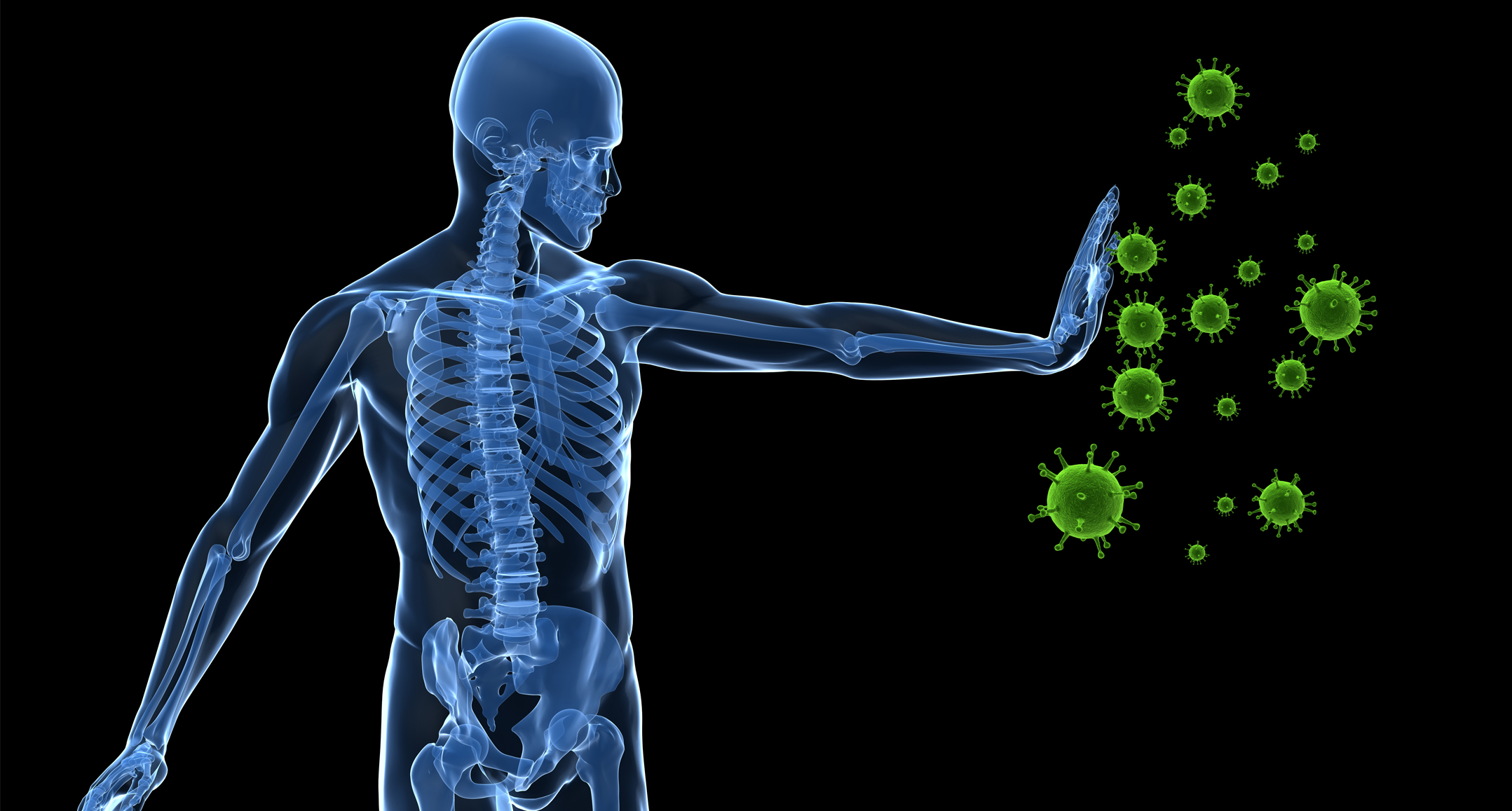Autoimmune diseases are on the rise, and findings from scientists like Dr. Charles Mackay point to the gut microbiota as a key player in this rise. Dr. Mackay, immunologist professor at Monash University (Melbourne, Australia), describes autoimmune disease as a necessary evil. “On one hand, we need a robust immune system to defend our bodies against pathogens; on the other hand, it’s impossible to have a perfect system that never accidentally attacks our own bodies inappropriately.” In a small percentage of individuals, this overzealousness of the immune system is the price we pay for protection against a whole host of pathogens.
The exact cause of autoimmune disease is not fully known, but we do know that both genetics and the environment play a role. And while the genes we inherit from our parents are largely out of our control, environmental factors such as lifestyle and diet are prime targets for intervention. Dr. Mackay describes the model in simple terms: “An unhealthy diet leads to an unhealthy gut microbiota, which is unable to protect genetically predisposed individuals from developing autoimmune disease.”
“An unhealthy diet leads to an unhealthy gut microbiota, which is unable to protect genetically predisposed individuals from developing autoimmune disease,” says Dr. Mackay
For a healthy gut microbiota, Dr. Mackay recommends a diet rich in fruits, veggies, nuts, and fiber; while keeping low in fat and sugar. This is good dietary advice for just about anyone; Dr. Mackay’s research suggests that it may be especially important for those with a family history of autoimmune disease, such as Type 1 Diabetes (T1D). “Dietary fiber was found to be very protective against T1D in our mouse study,” says Dr. Mackay.
The key molecules involved in this protection are short chain fatty acids (SCFAs), which a healthy gut microbiota produces in abundance through the breakdown of fiber. “In general, most of the healthy commensal bacteria that reside in our gut are producers of SCFAs. Many probiotic bacteria are also producers of SCFAs. Pathogenic bacteria, on the other hand, are less able to break down fiber and produce these protective molecules. “When we give a prebiotic we are able to dramatically change the microbiome composition,” says Dr. Mackay. Prebiotics don’t just change the composition of the gut microbiota, they also provide fuel for the good bacteria to produce protective metabolites.
“People ask me if it’s too late to start eating fiber and my answer is no – it’s never too late!” Dr. Mackay believes that changing our microbiota and having the right metabolites will dramatically improve health and human lifespan. Dr. Mackay hopes that the protective effects of fiber will translate to a wide range of other diseases, including cardiovascular disease, fatty liver disease, and allergic disease. “It is becoming increasingly clear that longer and healthier lives come from a healthier diet.”
Dr. Mackay says “It is becoming increasingly clear that longer and healthier lives come from a healthier diet.”
While other factors beyond diet are certainly at play in the development of autoimmune disease, Dr. Mackay’s research shows that lifestyle factors are perhaps more powerful than we once thought. “If you’ve been dealt one bad hand with your genetics, it’s within your power to play one good hand with your diet and lifestyle.”
Reference:
Mariño, E. et al. Gut microbial metabolites limit the frequency of autoimmune T cells and protect against type 1 diabetes. Nat. Immunol. 18, 552-562 (2017).


